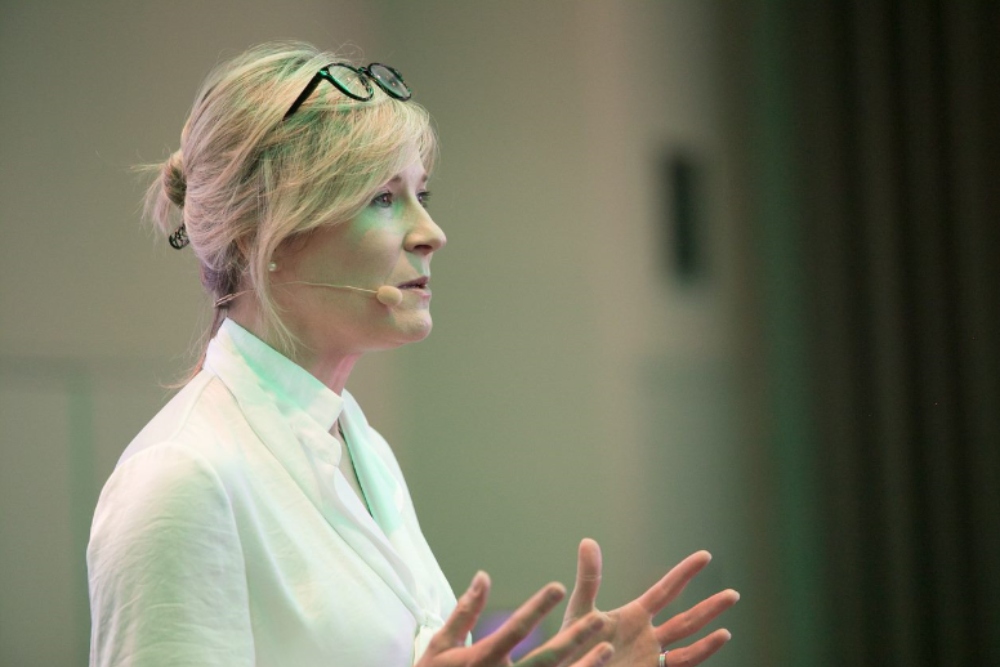6% of Irish workplaces have already implemented a four-day working week either on a trial or permanent basis.
The four-day week is quickly becoming a reality for a growing number of Irish workplaces and new research indicates that more than half (54%) of Irish professionals believe it will be a reality for them in the next five years.
A new study by recruiter Hays Ireland of more than 1,500 employers and professionals finds the four-day working week is closer than we think.
“At a time when the market has never been more competitive, the proposition of a four-day working week may present an exciting new opportunity for employers to differentiate themselves from their competitors”
The survey results suggests that 54% of Irish professionals believe that a four-day working week will become a reality within the next five years. 19% believe it will be a reality in the next 1-2 years and over a third (36%) within the next 2-5 years.
Meanwhile, 22% believe it will become a reality in the next 5-10 years and less than a quarter 23% believe it will never happen. Since the pandemic, hybrid working models have become a workplace staple.
Recent examples of Irish companies embracing the four-day week model include tech firm Typetec and Dublin PR firm Comit.
Employee health and wellbeing
Maureen Lynch, director at Hays Ireland
Campaigns for a four-day week have started gaining significant traction amongst Irish-based professionals. The most frequently cited benefit of this shorter working week is employee mental health and wellbeing (56%). Other prominent benefits cited include talent attraction (14%) and talent retention (13.6%). Notably, 11% of those surveyed believe it will result in greater organisational productivity.
According to Hays’ research, 6% of Irish workplaces have already implemented a four-day working week; 4% have implemented a four-day working week on a permanent basis, while 2% are currently operating it on a trial basis.
However, as employers look for new ways to differentiate themselves from their industry peers, this trend may become more widespread in the near future. 64% of professionals claim they would be tempted to move to a different organisation if it was offering a four-day working week.
“The last two years have encouraged employers to reconsider the workplace environment,” said Maureen Lynch, director at Hays Ireland. “The switch to remote- and hybrid-working models have proven hugely successful. Both employers and employees have bought into this new way of working, with over 76% of Irish-based professionals attributing the hybrid model to a better work-life balance.
“This has now opened the floor for further discussion of alternative ways of working within Irish organisations. The latest frontier is the four-day working week. At face value, for many employees, the prospect of a four-day working week is extremely attractive. However, what this looks like in practise may be dependent on the industry and jurisdiction. For some employers, this means reducing the number of hours in the traditional 40 hour working week, for others, it means compressing 40 hours a week into four days, rather than five.
“While the number of employers currently offering a four-day working week is still extremely low, today’s research suggests that this may soon change. At a time when the market has never been more competitive, the proposition of a four-day working week may present an exciting new opportunity for employers to differentiate themselves from their competitors,” Lynch said.
-
Bank of Ireland is welcoming new customers every day – funding investments, working capital and expansions across multiple sectors. To learn more, click here
-
Listen to the ThinkBusiness Podcast for business insights and inspiration. All episodes are here. You can also listen to the Podcast on:
-
Spotify
-
SoundCloud
-
Apple





